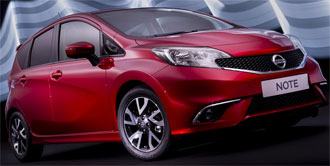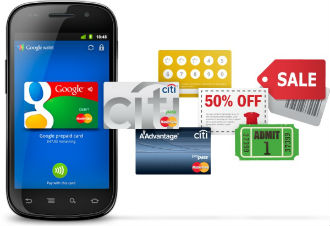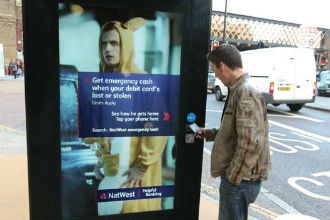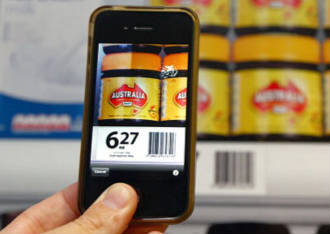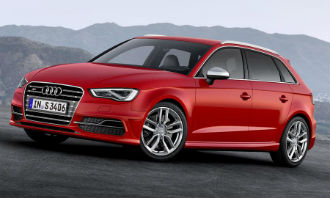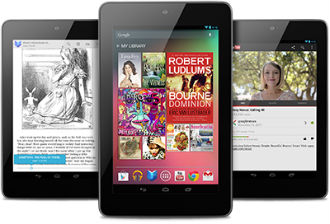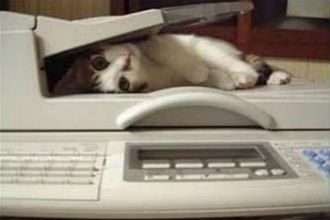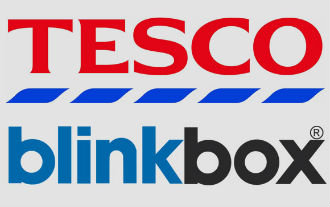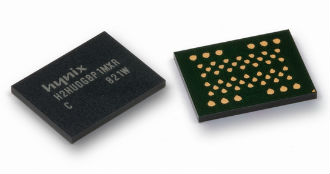 The server market has been dominated by the same players for years, but times are changing and Taiwanese outfits are aggressively entering the lucrative market.
The server market has been dominated by the same players for years, but times are changing and Taiwanese outfits are aggressively entering the lucrative market.
Talking to EEtimes, Quanta cloud computing group general manager Mike Yang pointed out that Taiwanese companies are ramping up production of servers, switches and storage systems. The trend threatens to undermine the position of traditional OEMs.
“Traditional OEMs no longer have the advantage, we do,” said Yang. “The business model is changing and it provides us a very good opportunity.”
It could be said that Quanta entered the server market by accident. Five years ago it landed a sizeable contract from Facebook, which prompted the company to rethink its approach to the server market. Yang said the deal had a big impact on Quanta and it was quite surprising, as the company usually only provided precuts to OEMs.
But Facebook is not alone and Big Data is showing a lot of interest in Taiwan. Google and Microsoft also realised they could easily tap Taiwanese companies to build custom designed server suited for their needs. Two years after the Facebook deal, Korea Telecom also approached Quanta to build server racks.
“We asked them why they came to us, and they said they heard we were doing business with several of the biggest data centers in the world,” Yang said.
It did not take Quanta long to realise that it could cut out the middleman and sell its gear directly. Last year Quanta officially created its data centre group and it is pursuing the market more proactively. However, the company is playing both sides and it is still building servers for OEMs like Dell and HP.
Quanta is not alone and one of its chief rivals is Wistron, a former arm of Acer that makes PCs for OEMs. Wistron is now getting orders for racks and last year it launched a spinoff called WiWynn to handle the data centre business and prevent possible conflicts of interest with OEM clients.
 Visa is expanding its programme to integrate payment technologies into emerging devices and platforms, including NFC-enabled smartphones.
Visa is expanding its programme to integrate payment technologies into emerging devices and platforms, including NFC-enabled smartphones. 